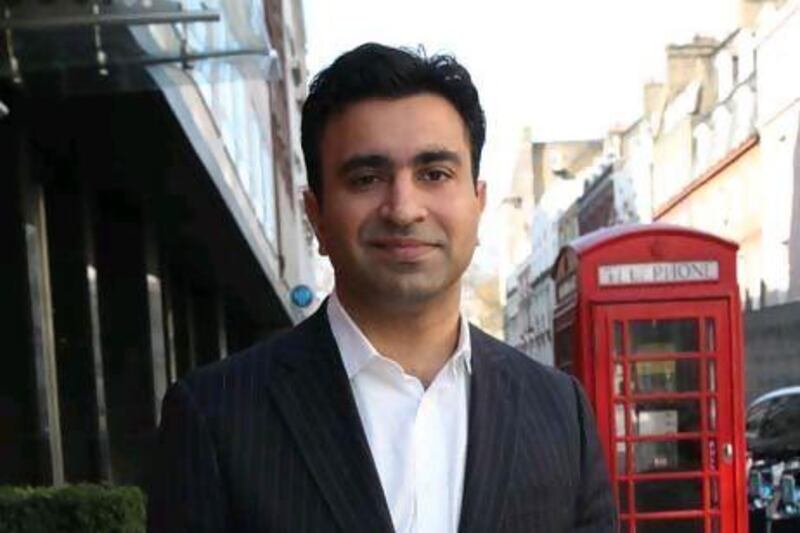Jahangir Aka, the senior executive officer for private banks at SEI Middle East, an investment company with US$172 billion (Dh631.74bn) under management, talks about the launch of five funds to mitigate "irrational" investor decisions at times of market volatility.
Are investors really irrational?
Yes, in that rationality says you buy at the bottom and sell at the top, and unfortunately whether it is investors from the US, Britain or India, the only consistent trend is to panic and sell at the bottom, rather than at the top. That is definitely irrational behaviour, and the strategy doesn't work. We know when to take money off the table, or conversely not panic when markets fall.
The funds are designed as long-term savings plans for the region's investors, especially those who have been sitting on cash and are reluctant to invest. How will these funds encourage more rational investor decisions?
It's about understanding the psychology of investors. We ask simple questions like "would you take a 15-minute break now or 30-minute break tomorrow?" So if someone picks the first one, we know they're pretty short-termist. For example why do people take a punt in India and China? Because they're short-termist, but this doesn't usually mean the best returns.
What else are retail investors doing wrong?
Retail investors keep riding up the market and then it becomes too late to make an investment because prices fall again. Also sticking to your own market. We all have these homing-pigeon instincts with shares. I can touch it, I can feel it, I know it, but it doesn't necessarily mean we're doing the right thing.
Is this what you mean by a goals-based portfolio?
Yes, it's the conversation that takes place with insurance firms and banks and investors. We ask direct questions like "what's your time horizon for investment, how much do you want to put in?" not "what funds do you want to invest in?" That is not the job of the investor, because making decisions like that are very difficult. And these are all things that tell you about how you should design a portfolio, and all too often in our industry we ask questions they don't have answers for.
Are the funds designed in response to recent events?
That would be a little bit too opportunistic, and we wouldn't have been able to mobilise such a big investment so quickly. We have spent a lot of time understanding the Middle East market, plus there have been volatile events consistently every 18 months for the last 10 years.
So why launch these products now?
Investors continue to look to diversify assets globally but they can't keep waiting for the next hot theme, because they've been waiting for the last three years already. At the same time it doesn't mean money cannot be made from that.
[ fhalime@thenational.ae ]





